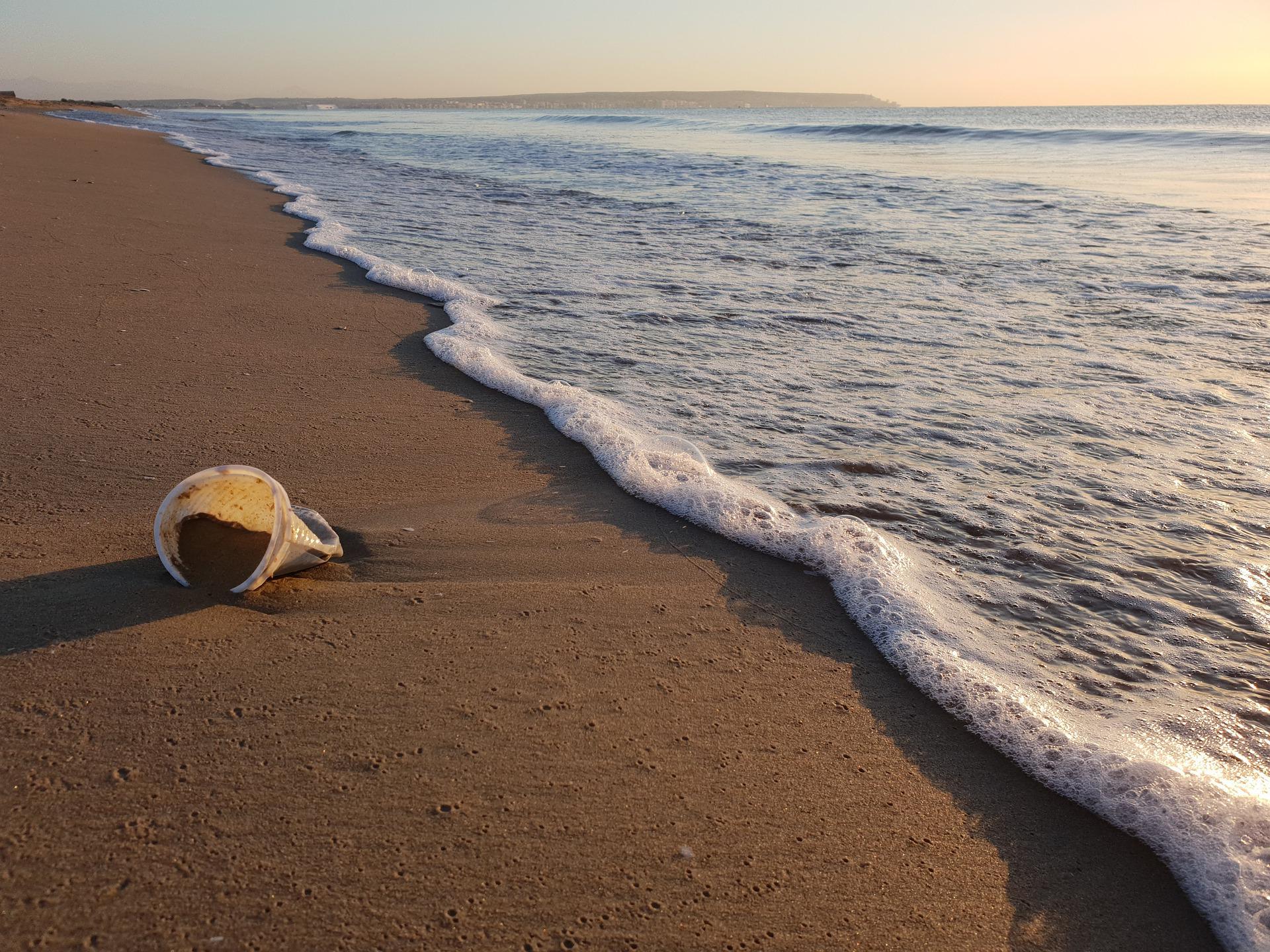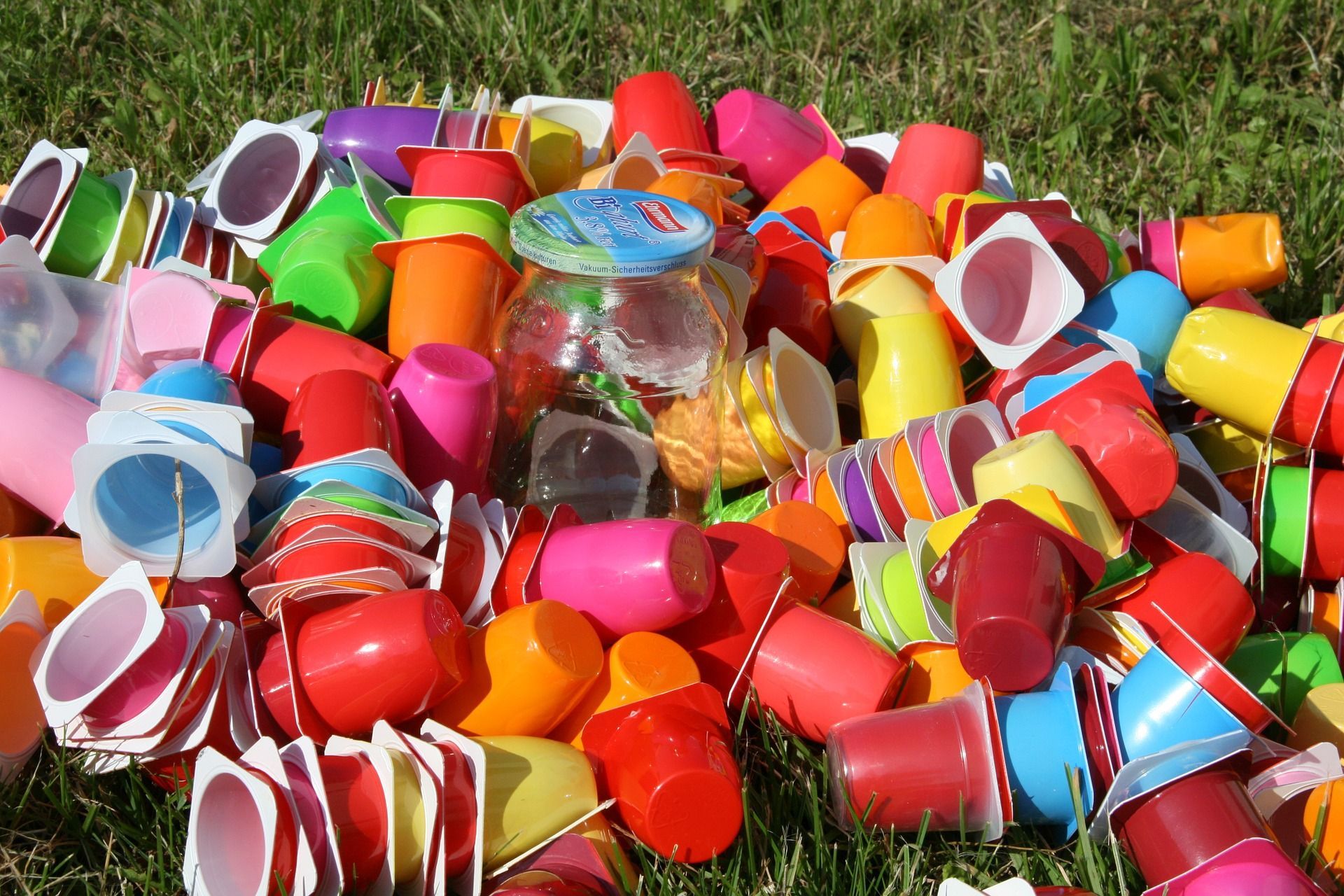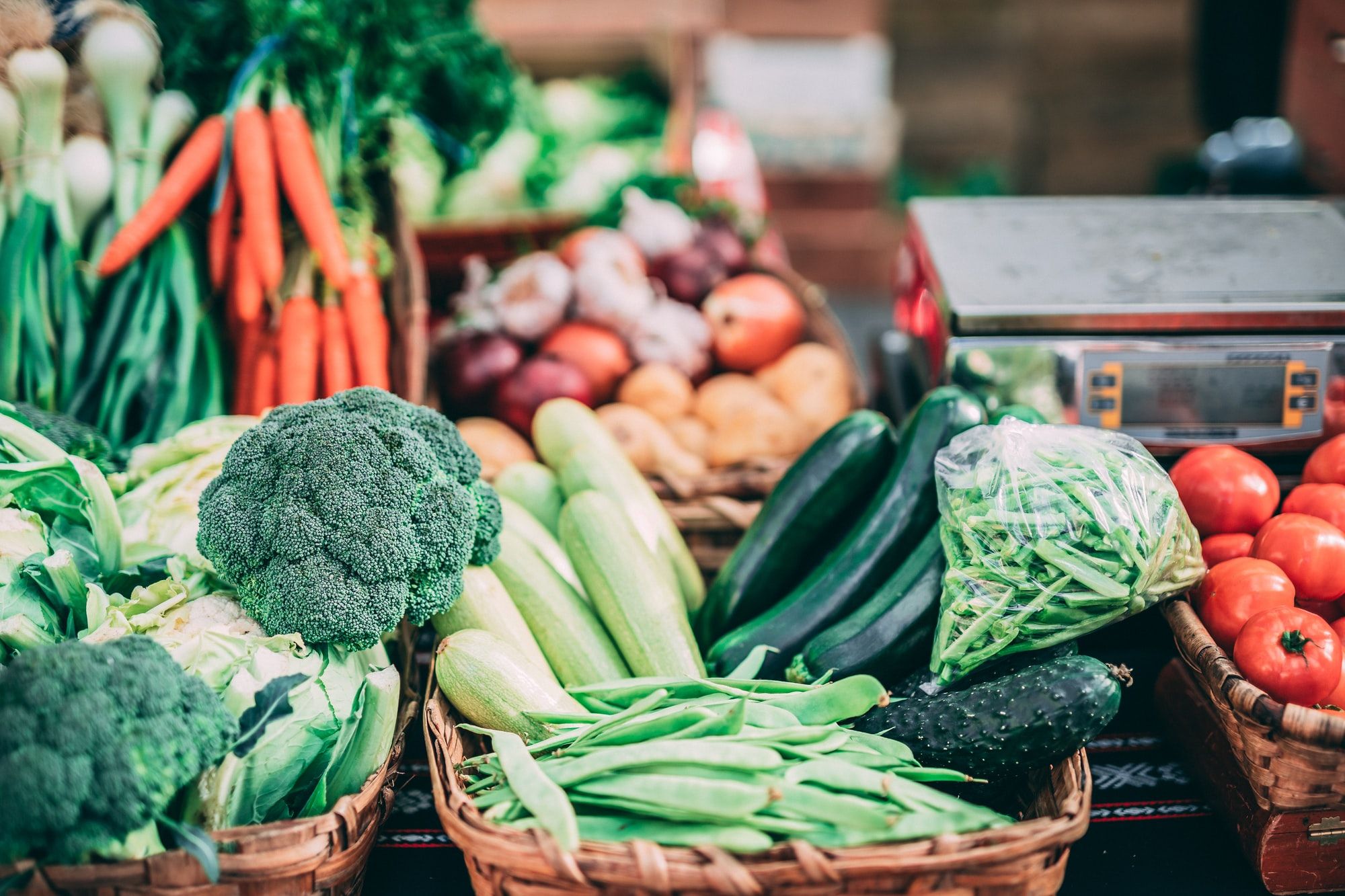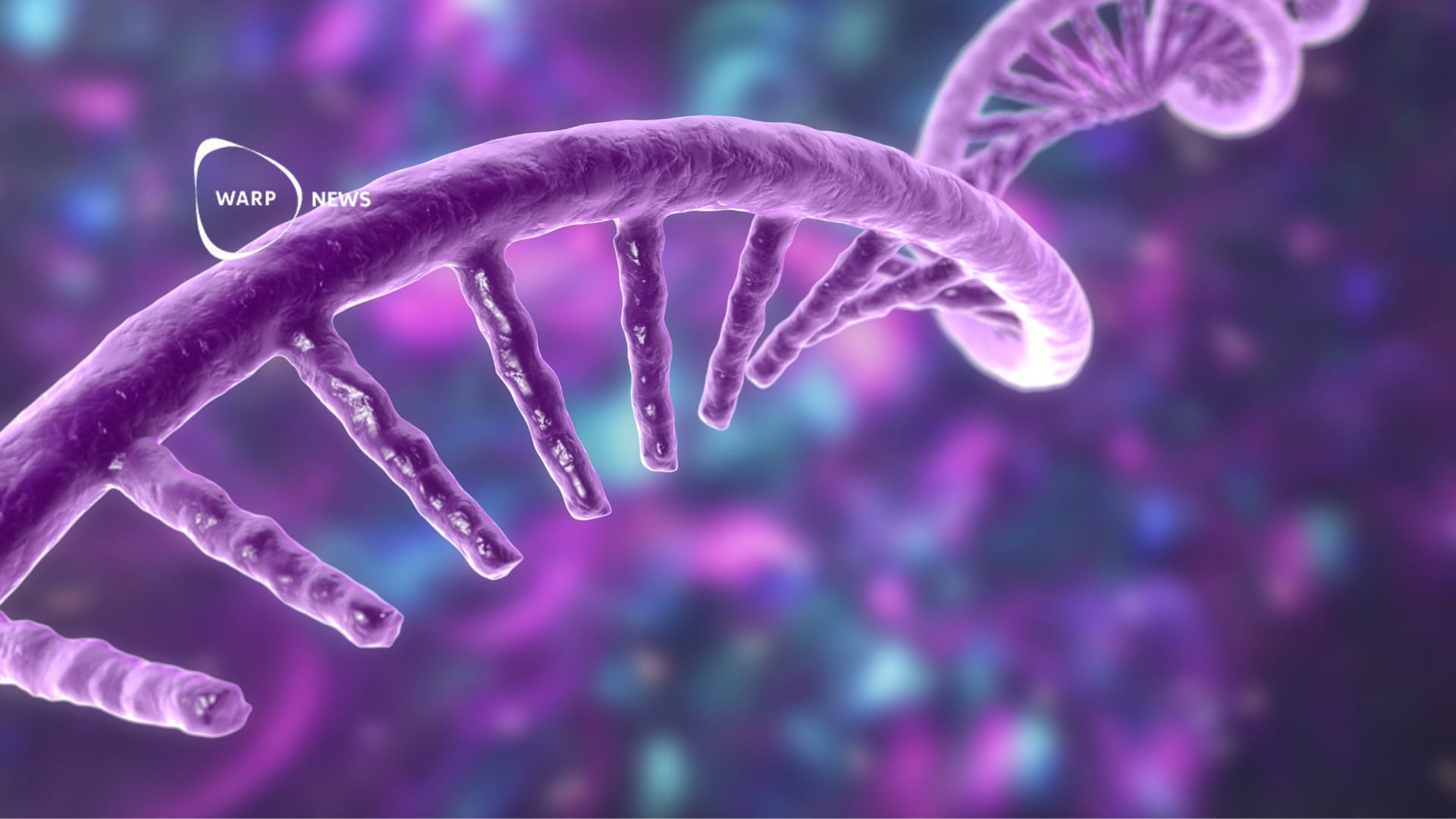
🥤 Plastic waste on the beaches of Australia has decreased by almost a third
With simple measures such as raising awareness and increasing the fine for littering, Australian authorities have succeeded in reducing the littering of beaches.
Share this story!
Researchers at the Australian agency Csiro have investigated how various measures can reduce the amount of plastic waste on Australia's beaches. It turns out that with relatively simple local measures it is possible to reduce plastic waste significantly.
By simply making it easier for households to sort at source, raising the fees for dumping plastic in dumps near the beaches, and having campaigns where citizens were allowed to help clean the beaches voluntarily, the amount of plastic dropped significantly.
“We were both surprised and happy to see that there was now an average of 29 percent less plastic on our beaches than in 2013 when we did a similar study”, says Kathryn Willis, a researcher at Csiro and one of the researchers behind the study.
The researchers identified three strategies that were the most effective in reducing litter. The first was to inform the population about how to recycle different materials and have recurring campaigns where people were invited to help clean up trash from the beaches.
“Involving the local population in the management of beaches in the local environment has great advantages. Not only are beaches becoming cleaner, but people are also becoming more aware of misconduct and may, for example, be more likely to report illegal pollution of the beaches”, says Denise Hardesty, another one of the Cisro researchers behind the study.
Better surveillance to detect illegal dumping of plastic near the beaches and heavy fines for those caught were also effective strategies. Finally, a ban on plastic bags was also something that reduced litter.


By becoming a premium supporter, you help in the creation and sharing of fact-based optimistic news all over the world.



